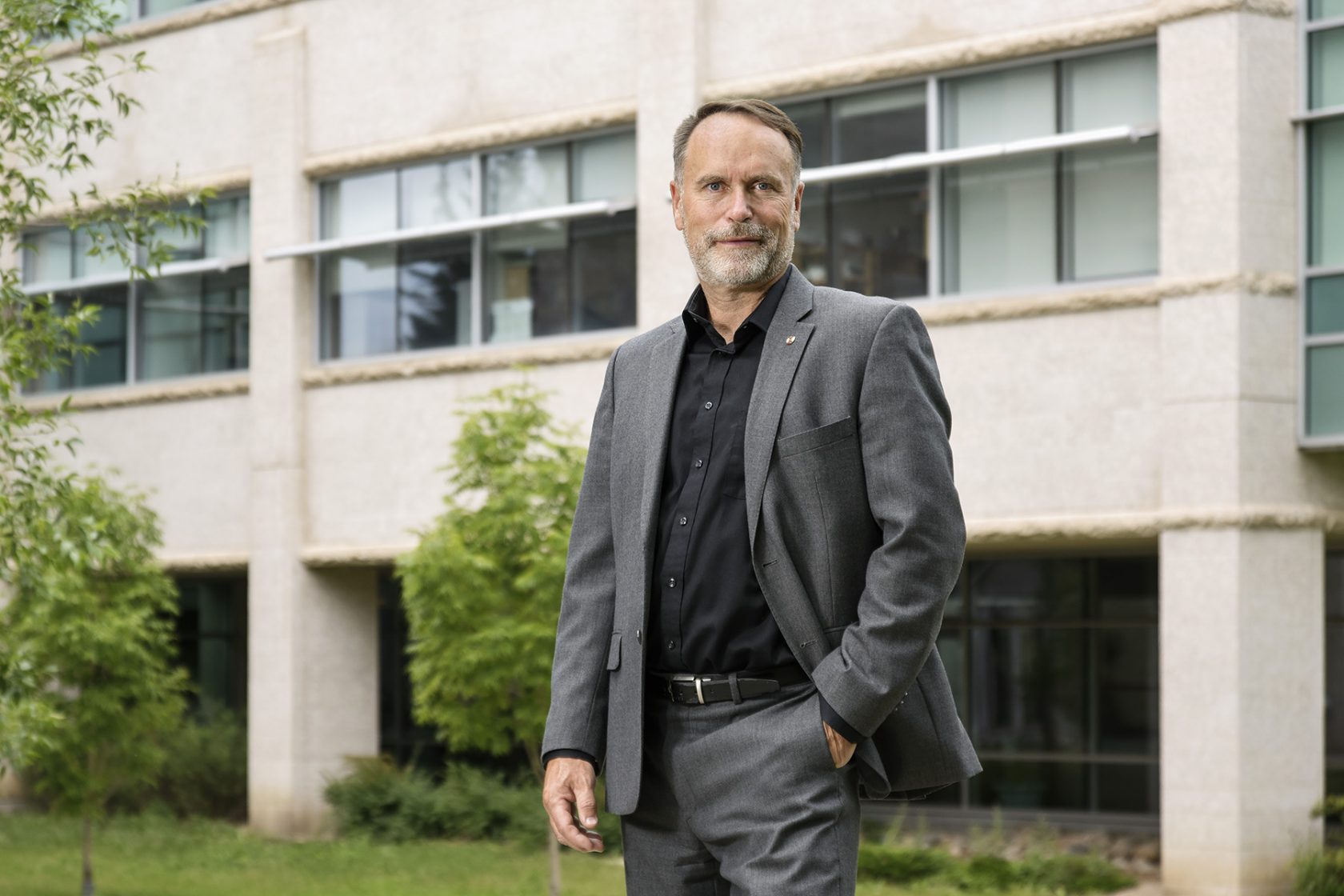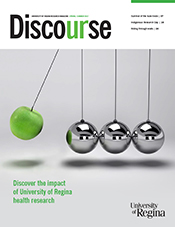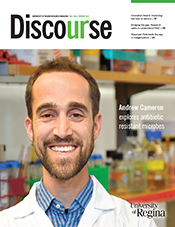
The Canadian Academy of Health Sciences (CAHS) brings together Canada’s top-ranked health and biomedical scientists and scholars to make a positive impact on the urgent health concerns of Canadians.
These fellows, drawn from all disciplines across the nation’s universities, healthcare and research institutes, evaluate Canada’s most complex health challenges and recommend strategic, actionable solutions.
Fellows are recognized by their peers nationally and internationally for their contributions to the promotion of health.
University of Regina professor Dr. Gordon Asmundson is a newly elected fellow in the Academy. A clinical psychologist, Asmundson is also one of the top mental health researchers in the world.
Discourse asked Asmundson some questions about the CAHS award and his research:
What does becoming a fellow of the CAHS mean to you personally?
Personally, I am honoured that my peers consider the work we do to be worthy of recognition in this manner.
What does becoming a fellow mean to you professionally?
Professionally, my dedication to the advancement of evidence-based understanding and treatment of mental health and related chronic health conditions is commensurate with the objectives of CAHS. As such, fellowship in CAHS gives me a tangible and recognized avenue in which to further apply my knowledge and expertise where it may be valuable to key issues relevant to the health of Canadians.
Who has been an important mentor/role model to you and why?
There are several people who have played an important mentorship role for me. My long-time friend and doctoral supervisor, Dr. Ron Norton, taught me the critical lesson of balancing academic and research pursuits with outside interests and family. This lesson has served me well and I now try to impart on my trainees the importance of finding and maintaining balance.
What research that you've done to date are you most proud of and why?
I have been fortunate to be involved in a number of high impact research initiatives. I am most proud of the work we have done that relates to better understanding and treating the many people who experience the co-occurrence of posttraumatic stress disorder and chronic pain, both of which are prevalent and disabling. I am also very proud of our more recent work that has focused on the mental health impacts of the covid-19 pandemic.
What current project(s) are you working on?
We continue to research the mental health impacts of the covid-19 pandemic as well as accessible and scalable interventions that specifically target those impacts in cases when they are associated with impairments in daily functional abilities.
Is there anything else that you'd like to add?
As I’ve often said, I do the research I do for reasons other than acknowledgements such as this, but they do serve as valuable affirmations that we are on the right path and, hopefully, draw added attention to our work in a manner that inspires others.

















